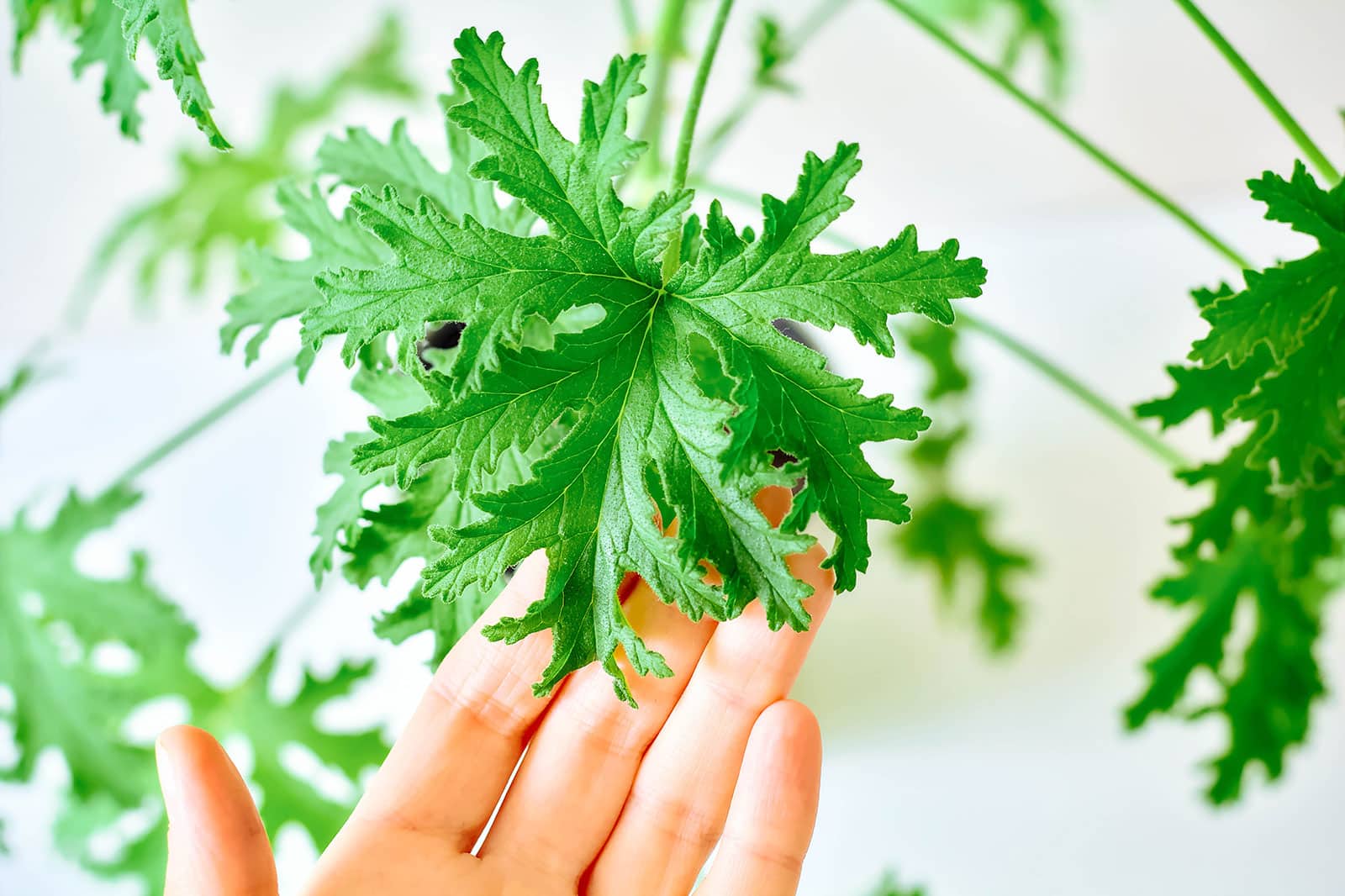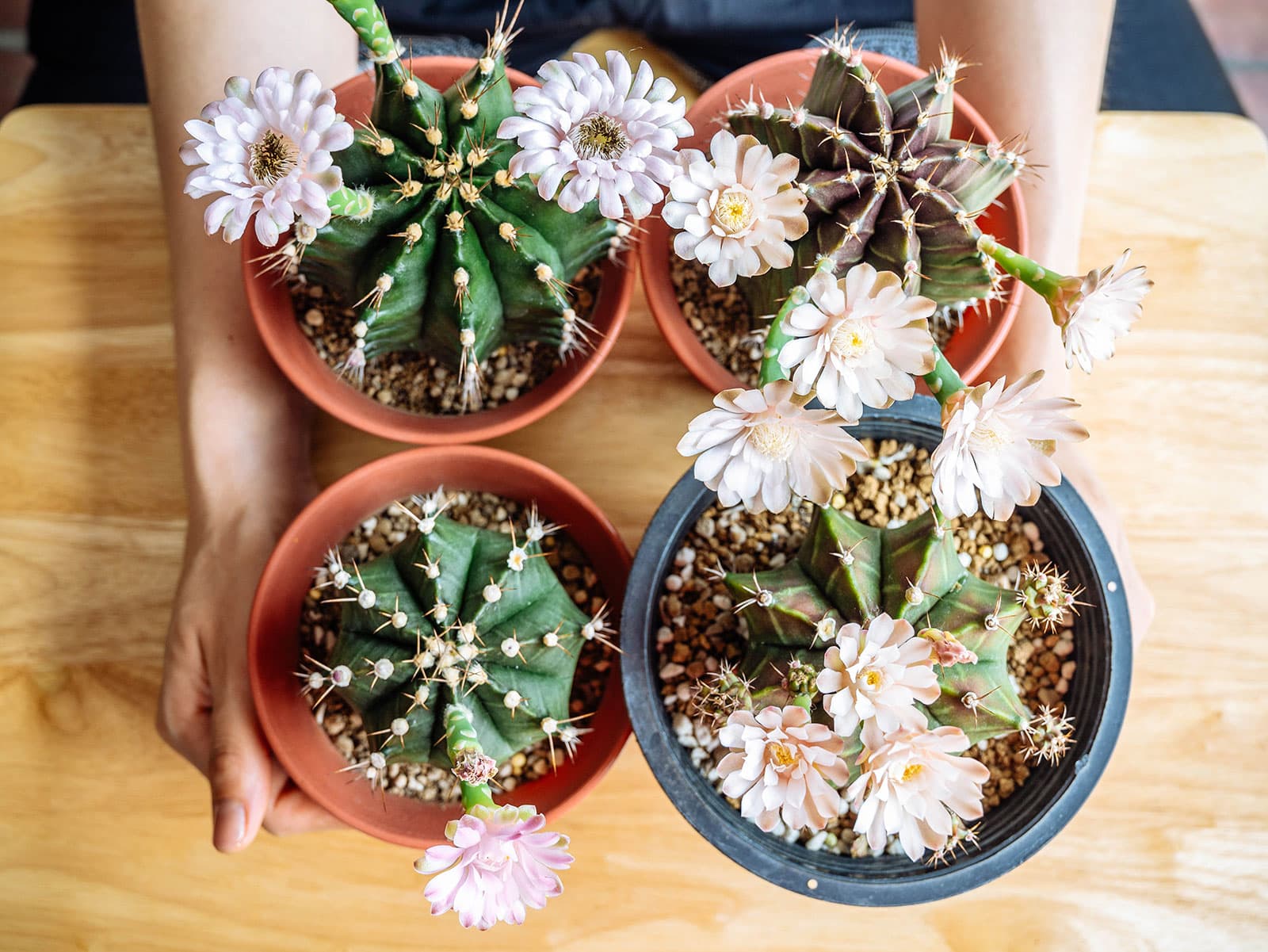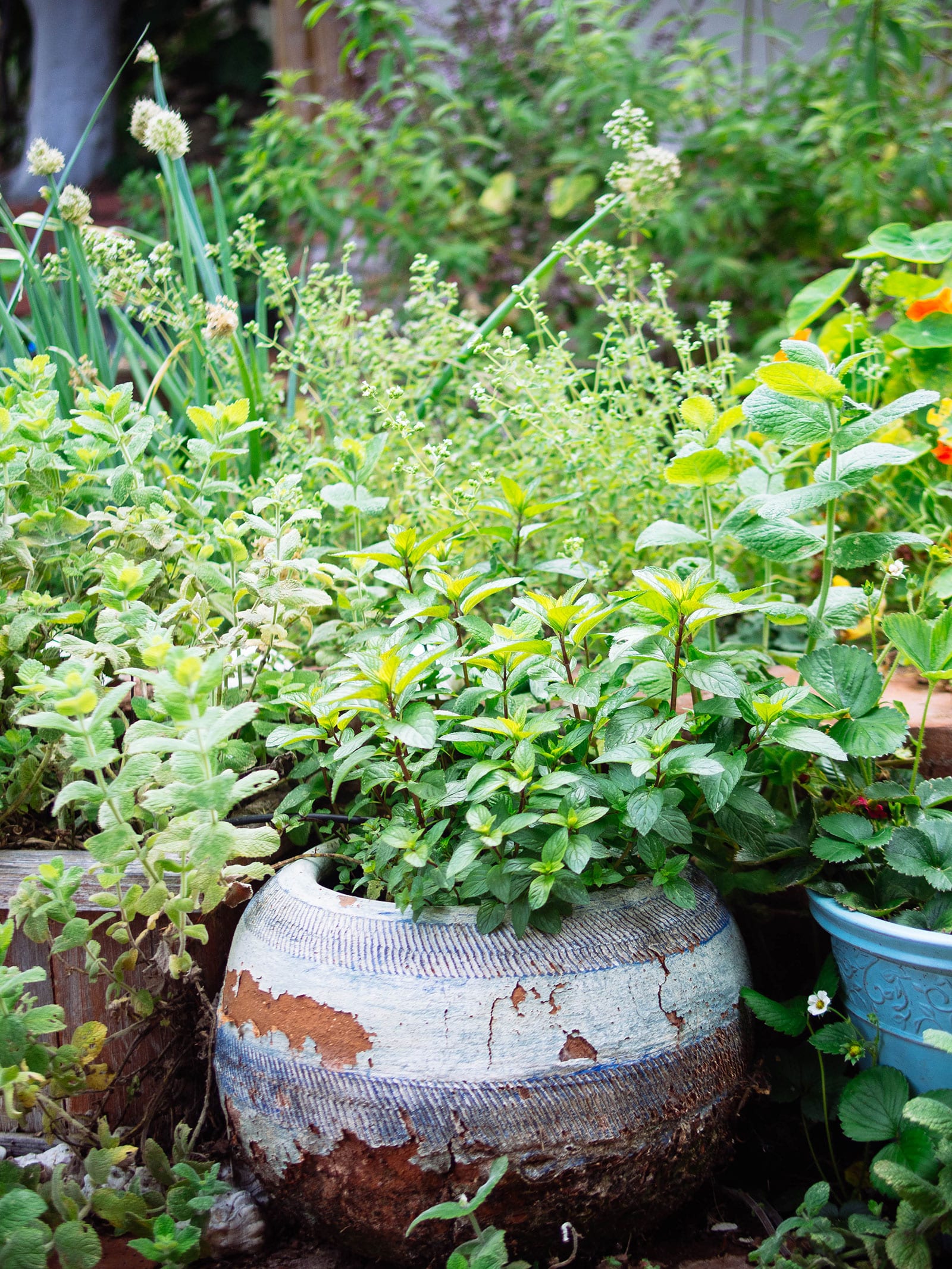The allure of a garden buzzing with charm yet free from the pesky buzz of mosquitoes is a dream for many. Growing Citronella, the so-called mosquito plant, has often been touted as the perfect botanical solution. But does the scent of Citronella truly keep those biting bugs at bay, or is it merely a fragrant myth?
Understanding the reality behind does Citronella really repel mosquitoes can help gardeners and outdoor enthusiasts make informed decisions about their green spaces. Let’s delve into the facts and fiction surrounding this popular plant.
How Do Citronella Plants Work: Do They Really Repel Mosquitoes?
Often mistaken for a silver bullet against mosquitoes, citronella plants have a reputation that, unfortunately, exceeds their capabilities. The truth is, while citronella contains the mosquito-repelling compound citronellal, the levels within the plant itself are too low to offer effective protection.
The misconception arises from conflating the plant with commercial citronella products, which use concentrated oils typically derived from a different source—tropical lemongrass. Thus, while the plant’s fragrance may be mildly deterrent, relying on it for mosquito control can leave you exposed to these persistent pests.
For those seeking a natural mosquito repellent, the advice of experts is to look towards plants with higher concentrations of repelling compounds. Lemongrass, lemon balm, and kaffir lime are among the recommended alternatives that boast a stronger defense against mosquitoes.
Do Citronella Plants Actually Get Rid of Mosquitoes?
It’s critical to set realistic expectations when incorporating citronella into your garden. Although the pleasant aroma of citronella may disrupt a mosquito’s sense of smell, it does not eliminate or significantly reduce mosquito populations. To truly get rid of mosquitoes, one must employ a more comprehensive pest control strategy that may include chemical repellents, physical barriers, and the elimination of standing water.
What Is A Citronella Plant?
The citronella plant, known scientifically as Pelargonium ‘citrosum’, is a perennial clump-forming geranium that emits a lemony scent. This scent is attributed to citronellal, a key component in its oil, which has some mosquito-repelling properties when highly concentrated. Often praised for its ornamental value, the citronella plant’s lush greenery and ability to thrive in warm climates make it a popular choice for gardeners.
Why The Plant Alone Won’t Control Mosquitoes?
Simply put, the ambient release of citronellal from a living plant isn’t potent enough to serve as an effective mosquito deterrent. Additionally, the plant’s reach is limited, and its impact on mosquito behavior is minimal at best. For those determined to enjoy their outdoors without the company of mosquitoes, other methods should be considered to supplement the citronella plant’s mild repelling effect.
How To Grow Citronella?
- Choose a sunny location, as citronella thrives in full to partial sun.
- Ensure well-draining soil to prevent root rot, which can be fatal to the plant.
- Water regularly, keeping the soil evenly moist but not waterlogged.
- Prune regularly to promote bushier growth and more fragrant leaves.
What Other Plants Deter Mosquitoes?
When it comes to mosquito deterrence, diversifying your garden with several aromatic plants can be beneficial. Lemon balm, with its high citronellal content, and kaffir lime, prized for its strong citrus scent, are excellent complements to citronella. Furthermore, marigolds and lavender have also been noted for their mosquito-repelling abilities.
How Long Does Citronella Plant Repel Mosquitoes?
The repelling effect of a citronella plant’s scent is fleeting and heavily dependent on environmental factors. Wind and rain can dissipate the scent quickly, reducing any potential mosquito-repelling effects. Therefore, for best results, other forms of mosquito control should be applied in tandem with the plant.
How To Use Citronella Plant As Mosquito Repellent?
While the plant alone is not an effective repellent, its leaves can be crushed to release the oil, which can then be applied to skin or clothing. However, this method is far less effective than commercially prepared citronella products with higher concentrations of essential oils.
Do Citronella Plants Come Back Every Year?
In climates without frost, citronella plants can indeed return year after year. However, in cooler regions, they should be treated as annuals or overwintered indoors to ensure their survival and reappearance each spring.
Related Questions on Citronella as a Mosquito Repellent
Do Citronella Plants Actually Keep Mosquitoes Away?
While citronella plants do emit a scent that can confuse mosquitoes, their effect is mild and not a reliable method for keeping mosquitoes at bay. For better protection, consider integrating other repellent tactics alongside the citronella plant.
What Did Native Americans Use to Repel Mosquitoes?
Native Americans used a variety of natural repellents to ward off mosquitoes, including sage and sweetgrass. These plants were often burned, and the smoke acted as a deterrent for mosquitoes and other insects.
Does the Citronella Mosquito Plant Come Back Every Year?
Citronella plants can be perennial in warm, frost-free climates. In cooler areas, they should be moved indoors during winter to survive and regrow in the following season.
Why Was Citronella Banned?
Citronella has never been banned; however, some citronella-containing products have faced regulatory scrutiny due to safety and efficacy concerns. It’s essential to use products that meet safety standards and are proven effective.
For a more visual understanding of citronella and its use in gardens, watch this informative video:
In conclusion, while Growing Citronella, the So-Called Mosquito Plant, adds beauty and a pleasant aroma to any garden, it should not be the sole method for mosquito control. Understanding the limitations and proper use of this plant, alongside exploring other effective strategies, will provide the best defense against these biting insects. Remember to seek plants with higher concentrations of mosquito-repelling compounds for a truly fragrant fortress.






